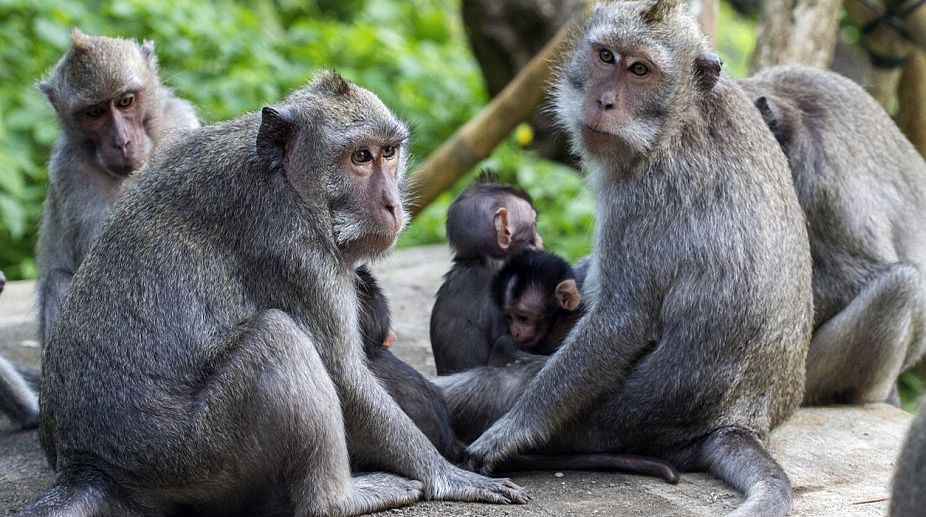Climate change responsible for 19 pc of rising dengue cases: Study
Amid record year for dengue infections globally, a new study has found that climate change is responsible for 19 per cent of rising dengue burden.

Representational image (Photo: Getty Images)
The Kyasanur Forest Disease (KFD), commonly known as the monkey fever, has claimed 11 lives in Maharashtra this year, according to health officials.
All the victims were from Sindhudurg district and succumbed to the viral infection between January and May, they said.
Advertisement
According to Sindhudurg District Health officer, Dr Yogesh Sale, cases of monkey fever were detected in Maharashtra in 2016, February when it claimed eight lives.
Advertisement
In 2017, the disease death toll has increased to 11.
Also, the number of those infected in the state has risen to 187 from 128 last year, he said on Tuesday.
Every year, this infection raises its head in November and continues to spread till May or the arrival of the first rains, Sale said.
KFD is a tick-borne viral hemorrhagic fever endemic to South Asia. The virus spreads through parasitic ticks which latch on to monkeys and is transmitted to human through tick bites, Sale said.
The maiden case of this fever was reported from Karnataka. The Kyasanur Forest Disease virus was first isolated from sick monkeys captured in Kyasanur forests in Shimoga district in that state. As monkeys migrated to Goa and Sindhudurg district of Maharashtra, the fever spread there and locals got infected, he said.
As of now, villages in Dodamarg and Sawantwadi tehsils in Sindhudurg are the worst-hit by this virus, the officer said.
A health drive was undertaken across the district in December and January wherein 2,842 people were vaccinated as a preventive measure. We are also giving a follow-up course in May and June. Despite that, some people succumbed to the viral infection, he said.
People already suffering from kidney, heart and liver related issues are more vulnerable to KFD infection. The villages that are affected are located very close to the forest area and many people have to go inside the forest for some work, Sale added.
The Forest department has also been asked to step up and get involved in controlling the outbreak of KFD in the district.
Forest areas in the district are under surveillance to spot monkey carcasses. More than 40 monkeys were found dead in Sindhudurg forests between January-May this year, said a forest official.
He said as soon as monkey carcasses are spotted, they were cremated immediately to stop spread of infection. Blood samples of some of the monkeys were also sent to NIV in Pune.
The district administration has also supplied insect repellents to villages falling in high risk areas with instructions on how to avoid the infection.
The KFD infection, which starts with high fever and bodyache, results in hemorrhage, similar to that in dengue.
It has a mortality rate of 5 per cent to 10 per cent, said a state-level medical officer.
Advertisement